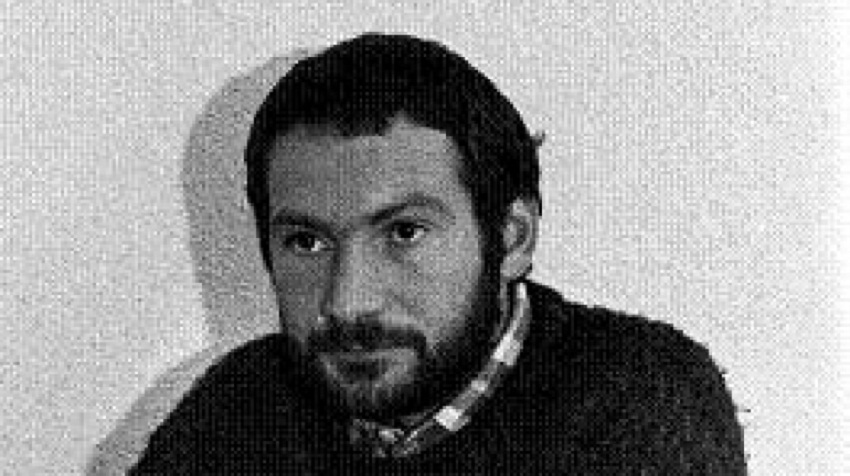Donostia-San Sebastian. The Etxepare Basque Institute will inaugurate a Basque Language and Culture Lectureship at the University of Havana on November 22. Basque writer born in Iurreta, Bizkaia, Joseba Sarrionandia, will be its first incumbent, and will be in charge of the curriculum and will teach classes, as well as organize other events that are the responsibility of such lecturers, according to a plan that he himself has devised.
Joseba Sarrionandia is one of the most prominent voices in contemporary Basque literature despite remaining hidden for the last 31 years. In 1985 Sarrionandia was a prisoner in the Martutene jail, accused of being an ETA member, but he took advantage of a concert by the singer Imanol to escape hidden in a loud speaker, along with another prisoner.
Ever since, Sarrionandia has remained hidden, even though he has developed a prolific literary career, publishing books, dedicated to genres such as poetry, novels and essays. In 2011, he was awarded the Euskadi Prize for Basque Literature, although he was not present at the award ceremony.
Amama
The Lectureship will begin on November 22, beginning with the course “History of the Basque Language,” that will discuss the lexicon/grammatical history as well as the social history of the language from Neolithic times to present day. This beginning of the academic program also supposes other parallel activities, so on December 5th Asier Altuna will present his film Amama, at the university followed by a Q&A with the audience about the transformation of the traditional Basque farmhouse.
On December 15th Mari Jose Olaziregi, who served as the director for the Promotion and Dissemination of Euskera at the Etxepare Institute until this November, will give a talk entitled, “A Trip through Basque Culture and Literature.” Other planned activities include a conference on the Blas de Otero years in Havana, or Jose Antonio Aguirre, and Basque exile in Cuba.
Basque Library
Beyond instruction, the lectureship will also provide new resources for the Basque community in Cuba, and for anyone wishing to study and research the Basque culture. Among anticipated initiatives is the establishment of a Basque Library. According to a plan presented by Sarrionandia, it will begin with 2,000 books that the Basque community in Cuba has accumulated and that will reside at the university. There will also be a bi-weekly Basque Film-Forum organized also at the university.
Other proposals also include the creation of a new magazine focused on Basque culture and on the analysis of cultural relations between the Basque Country and Cuba (toponymical, evidence of centuries of Basque emigration in Cuba…). And in the area of publishing, the creation of collection of Basque books.
The new Lectureship will also provide a stable headquarters for the organization of academic and cultural activities that will also give them more visibility.
All of this encouraging collaboration with the Euskal Etxea in Cuba, an entity founded in 1877 under the name Basque-Navarrese Charitable Association (Asociación Vasco-Navarra de Beneficencia), whose current president is Renato García Eguzquiza.






 Send to a friend
Send to a friend Add comment
Add comment








